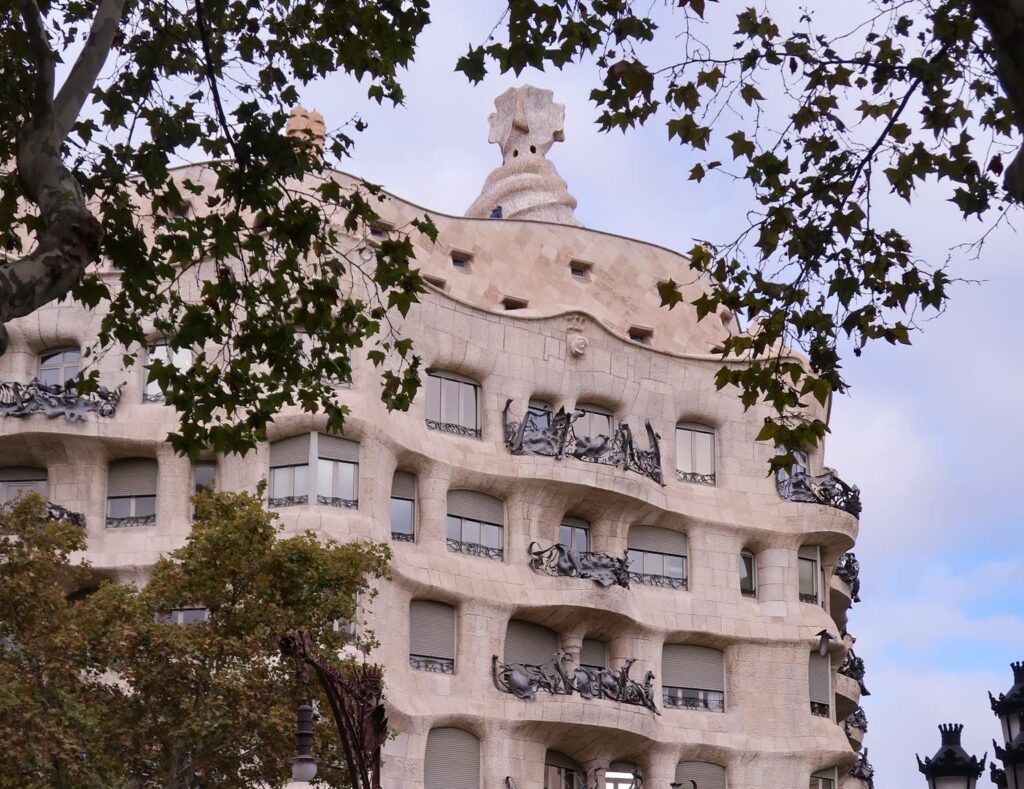Mortgage Brokers in Spain
- Independent mortgage brokers.
- Find the best mortgage deal for you.
- Assistance throughout the whole purchase process
Purchasing a property in Spain is a dream come true for many. However, navigating the mortgage landscape can be daunting, especially for expatriates. That’s where the role of Ignitius’ mortgage brokers based in Spain comes into play. We bridge the gap, ensuring a smoother transaction while helping you secure the best mortgage terms. This article unveils the pivotal role of mortgage brokers and what to expect when embarking on your property-buying journey in Spain.

We can help you sort out your Mortgage in Spain
Before recommending a deal, your mortgage broker will become familiar with your circumstances and go over your mortgage choices. We search the entire market for the best mortgage for you because we are a whole-of-market mortgage broker, which means we are not affiliated with any particular lender.
Ignitius does more than only research and arranges the best mortgage for your needs, unlike other mortgage brokers. We support you every step of the way in your property purchase process. Additionally, we can assist you with setting up utilities, insurance, or taxes, as well as moving into your new house.
Do you need to get a Mortgage Broker in Spain?
At IgnitIUS we guide you through the process and give you all the advice you require. We’ll set up the appointment with the notary and make you you have the paperwork ready.
Power of attorney is generally of 2 types: general or special. Special powers (Poderes especiales) are designed to manage a specific one-time activity, such as purchasing or selling items, transferring money, or accepting an inheritance. They have a time frame and a very specific scope. In general powers, the grantor provides the agent the freedom to act in their behalf in a range of situations. The majority are:
Power for litigation (poder para pleitos), is the most common. You consent to have your representative appear in court on your behalf.
Power to manage assets (poder para administrar bienes) The representative will have the authority to handle your assets, including money, inherited property, and personal property (but not mortgages and the sale or purchase of property).
General power (poder general). A broader authority to handle your affairs, including the sale of property.
In Spain, a Power of Attorney must be signed in front of a notary public. Also, the document must be in Spanish and include the following information:
• Name and address of the person who is granting the power of attorney (the “grantor”).
• Name and address of the person who will be receiving the power of attorney (the “agent”).
• A description of the powers that are being granted.
• Date the power of attorney is being granted.
• Signature of the grantor, with a witness present.
• Signature of the notary.
Unless a time frame or expiration date has been specified in the paper, Spanish powers of attorney do not end on a specific day. The Power of Attorney may be revoked at any moment by the Donor who granted it.
By signing a Deed of Revocation of Power of Attorney, the Donor may revoke the Power of Attorney at any moment. The same Notary who witnessed the Power of Attorney’s execution does not have to approve the Deed of Revocation. The Notary will inform the Attorney of the withdrawal following execution.
The Power of Attorney should always be revoked if it was created for a specific purpose after it has served its purpose, and the Donor should request that the Attorney return the original Deed of Power of Attorney and any copies he may have received from the Notary’s office.
Insolvency, diminished ability, or death of either the donor or the attorney also results in the automatic termination of powers of attorney. At any moment, the attorney is free to leave.
When granting a power of attorney, it is crucial to thoroughly outline the authority and think about the financial consequences of any potential negligence. The chosen attorney is required to carry professional indemnity insurance with a premium equal to the worth of the assets under their control.
It is advisable for the grantor to communicate with their attorney and clarify in writing any expectations they may have. The designated attorney’s main responsibility is to follow the Power of Attorney’s provisions, and they are only permitted to act in accordance with those directives.
Prior to taking any significant decisions or actions, the attorney must always consult with the client. They must also maintain thorough records of all the business they conduct on the donor’s behalf. In order to avoid conflicts of interest, the attorney must work in the donor’s best interests. Any losses incurred by the Donor as a consequence of the Attorney’s negligence would be his or her responsibility.
Other nations will recognise a power of attorney from Spain. The notary must perform an additional procedure known as an apostille in order to certify it. Most nations recognise the Hague Apostille.
